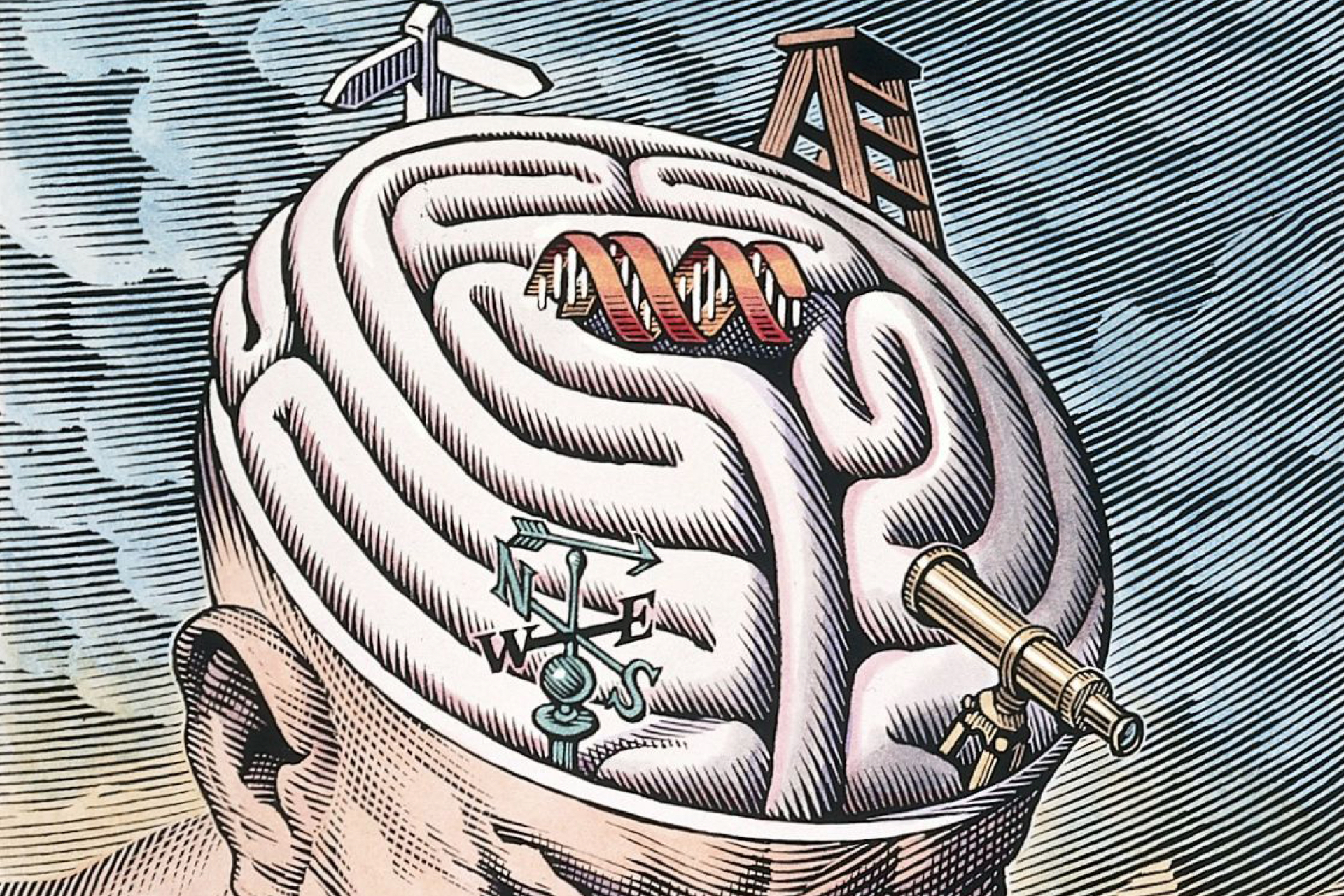A single blood drop, taken without your consent, can be life-changing. This is what happens to millions of newborn babies as a routine screen to identify common genetic abnormalities using biochemical assays. But how good are we at screening for rare genetic diseases?
The webinar 'Neonatal testing for rare diseases: The power of knowing' included in a nine-part webinar series on rare diseases organised by Science magazine, discussed this very topic. The panellists included medical geneticists (Professor Melissa Wasserstein, the Children's Hospital at Montefiore, New York and Professor Roberto Giugliani, Federal University of Rio Grande do Sul, Brazil), a neonatologist (Dr Monica Hsiung Wojcik, Boston Children's Hospital) and the president of the International Society for Neonatal Screening – Professor Jim Bonham. They are all involved in implementing neonatal testing itself, disseminating information to parents or treating newborn babies with genetic disorders.
Dr Sean Sanders, director of Science, moderated the session and initiated the discussion by asking the question of why newborn screening is so important. Professor Bonham emphasised that neonatal screening is performed to identify children who have a genetic disease before they become ill as treatment can be life-saving in their early years.
Historically, back in the 1960s newborn babies were only screened for a disease called Phenylketonuria (PKU), which can be easily managed with the right diet. The test was easily undertaken and represented a biochemical assay rather than a genetic test. Since then, neonatal testing has implemented DNA sequencing and has significantly advanced to screen for 50 most common genetic diseases in some countries. The sampling for screening for PKU itself has not changed and is still in use today – a blood drop on a filter paper which is then analysed in the lab.
Having experts from different parts of the world on the panel allowed the discussion of country to country differences in what disorders are screened for. In fact, it is surprising to hear that in some developing countries newborn testing is not routine and not a part of the public health policy, which raises the question of neonatal screening being a global initiative.
But why not screen for all 7000 genetic disorders currently known if some countries can afford it? The panel agreed that currently this is not feasible cost-wise and also not possible as biochemical markers have not been identified for most of the rare diseases. Genome sequencing is not standard practice in the clinic so rare genetic diseases are not picked up by current testing methods. Clinicians should also consider the consequences for the baby and family if a positive result does come back from the lab and no treatment is available for the specific disease, which is often the case for rare disorders.
This discussion obviously raised the question 'what criteria are currently used to decide what we screen for?'. The general consensus around the world is that neonatal testing is performed for diseases, where treatment or intervention is established and can make a difference early in life. The disorders should also be common enough to justify the cost of implementing a whole population screen.
Newborn screening also does not come without harm. A positive result might not manifest in an actual medical condition but can impact normal childhood by regular hospital visits.
The role of prenatal screens was also emphasised as it is of crucial importance to inform decisions on terminating a pregnancy taken by both parents and doctors if a genetic disease is identified. Fetal DNA can be extracted from the pregnant woman's blood and screened for chromosomal abnormalities. An amniotic fluid test or CVS (chorionic villus sampling) are carried out to confirm a positive screening test. False positive and false negative results are not uncommon but tailored counselling is key for parents to make the right informed decision.
More importantly, any risks associated with the fetus' health at birth is of great help for clinicians, therefore prenatal screens can potentially include specific genetic disorders in the future.
The discussion raised crucial ethical issues relating to data access. The scientific community seems to agree that common guidelines should be implemented to help regulate the use of centralised genomic datasets. In an ideal world, researchers from different parts of the world can use freely available genomic data (without revealing personal identity), which can enormously advance discoveries of new treatments for rare genetic diseases. Professor Bonham gave an example of a recent initiative in Europe where efforts to merge datasets taken from patients with inherited metabolic disorders are underway. However, whether patients and their parents would agree to share genetic information with the community remains uncertain.
The panel was optimistic that genomic sequencing will replace traditional biochemical screening tests in the future. However, there does not seem to be an agreement on how and when to share the genomic data. Should the patient decide when they turn 18 years old or is it decision of the parents? How should researchers use that genetic data for the benefit of the patient? I believe that these legal questions should be discussed in depth with the society and are beyond the scope of the webinar.
Overall, it was a very informative webinar on the current state of neonatal testing discussed by some experts in the field, who emphasised the importance of data sharing in improving the outcomes for patients with rare diseases. The Science webinar series endeavours to raise awareness about rare diseases and does so by providing succinct discussions aimed at the general public. I would be intrigued to hear the patient's or parent's perspective on some of the ethical issues raised in the upcoming webinars.




Leave a Reply
You must be logged in to post a comment.